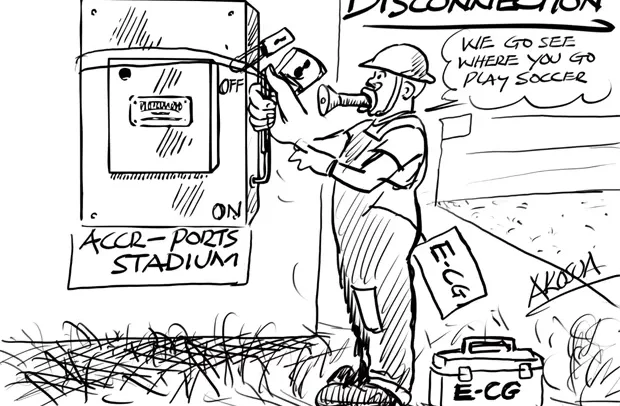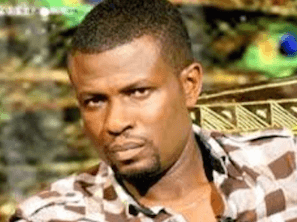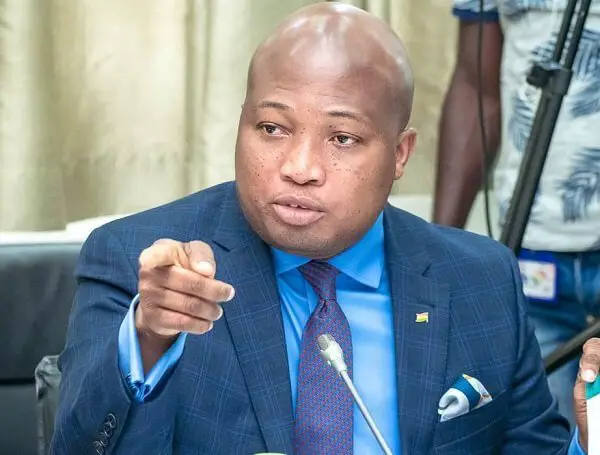
In Ghana, beauty pageants have long served as platforms to celebrate our rich cultural diversity, allowing young women from various tribes to showcase their heritage.
However, as we step into a new era, a troubling trend emerges: many youth are increasingly disconnected from their cultural roots, leading to a significant impact on their ability to participate in these cherished events. The question arises: how can we celebrate culture when so many of our youth have lost touch with it?
As an Ewe, I have observed firsthand how the younger generation struggles with cultural disconnection.
I, for one, can personally relate to this issue. Despite my desire to connect with my Ewe heritage, I sometimes find myself unsure of my footing. This gap in my cultural knowledge was a major reason why I couldn’t confidently apply for the Ghana’s Most Beautiful contest, a pageant that celebrates our nation’s cultural diversity.
I realized I couldn’t truly represent my people because I hadn’t been fully exposed to the language and customs of my own heritage. It’s a sobering feeling, one that I know many other Ewe youth share.

Many Ewe youth today cannot speak our language, and this disconnect extends beyond mere vocabulary; it embodies a loss of identity, tradition, and a profound connection to our heritage.
The importance of these cultural connections is underscored during beauty pageants, which often serve as a celebration of local customs, languages, and the essence of what it means to be Ghanaian.
Sadly, the roots of this disconnection often lie in the attitudes of older generations. Many parents and grandparents no longer prioritize teaching their native languages or customs, believing instead that success in today’s world hinges on proficiency in English and other “global” languages.
This neglect affects not only the Ewe tribe but also many ethnic groups across Ghana, from the Dagombas in the North to the Ga-Dangmes in Accra.
The gap in cultural knowledge presents formidable barriers for youth aspiring to enter pageants like Ghana Most Beautiful, Miss Earth Ghana, Miss Ghana, Miss Grand Ghana, Miss International Ghana, Miss Malaika Ghana, and Miss Universe Ghana.
How can a young woman confidently represent her community when she struggles to connect with her language and traditions?
For instance, a friend from the Northern Region has expressed her fears about participating in cultural pageants due to her inability to speak her native language. This anxiety highlights the broader concern among youth: how can they honor their heritage when they feel ill-equipped to do so?
Another friend of mine raised in Accra, despite being of Ewe descent, grew up speaking predominantly English and Twi, missing the opportunity to learn Ewe. At family gatherings, she finds herself unable to engage in conversations held in her native language, leading to feelings of alienation. It’s not merely a language barrier; it’s a painful reminder of her disconnect from her own culture.
In a more systemic context, A Sociolinguistic Study of an Ewe-based Youth Language of Aflao, Ghana revealed that a 27-year-old male from Aflao was discouraged by his father from speaking Adzagbe or associating with those who did, fearing it would “ruin his life.”
Moreover, the reluctance to acknowledge ancestral connections, particularly among Ewe families with roots in Togo or Benin, compounds this issue. Parents often discourage their children from discussing these ties, fearing social stigma and negative perceptions. This cultural suppression not only deprives youth of a fuller understanding of their identity but also contributes to the loss of the rich tapestry of traditions that bind us together as Ghanaians.
The consequences of this cultural disconnect are profound. It does not only impact individuals who feel unqualified to participate in cultural spaces, such as pageants; it also affects entire communities as the younger generation becomes less equipped to uphold traditional practices and advocate for their cultural interests.
However, there is hope for change. To bridge this gap, we must recognize that our languages and cultures are not relics of the past; they are vital parts of who we are and should be actively passed down from one generation to the next.
Families must prioritize speaking their native languages at home and involving their children in traditional ceremonies and practices. Schools, too, have a responsibility to emphasize the teaching of local languages, treating them with the same importance as English or French.
For us, the youth, it’s time to take matters into our own hands. If we want to hold onto our identities and participate fully in cultural pageantry, we must actively seek out our cultural knowledge. ‘
Whether it’s learning to speak our mother tongues, engaging with elders to understand our customs, or participating in community festivals and traditions, we must reclaim what is rightfully ours before it’s lost for good.
In the words of our ancestors, “Nunya, adidoe, asi ne vodoo”—Knowledge is like a baobab tree; no one person can embrace it alone. It is up to all of us, young and old, to keep our cultures alive.
The question remains: will we let them wither, or will we carry them forward with pride, ensuring that future generations can stand confidently on the stage of cultural pageantry, representing not just their beauty, but the rich heritage that shapes them?
Lois Dogbe
The post Lost in Translation: How cultural disconnection affects Ghanaian youth first appeared on 3News.
Read Full Story









Facebook
Twitter
Pinterest
Instagram
Google+
YouTube
LinkedIn
RSS